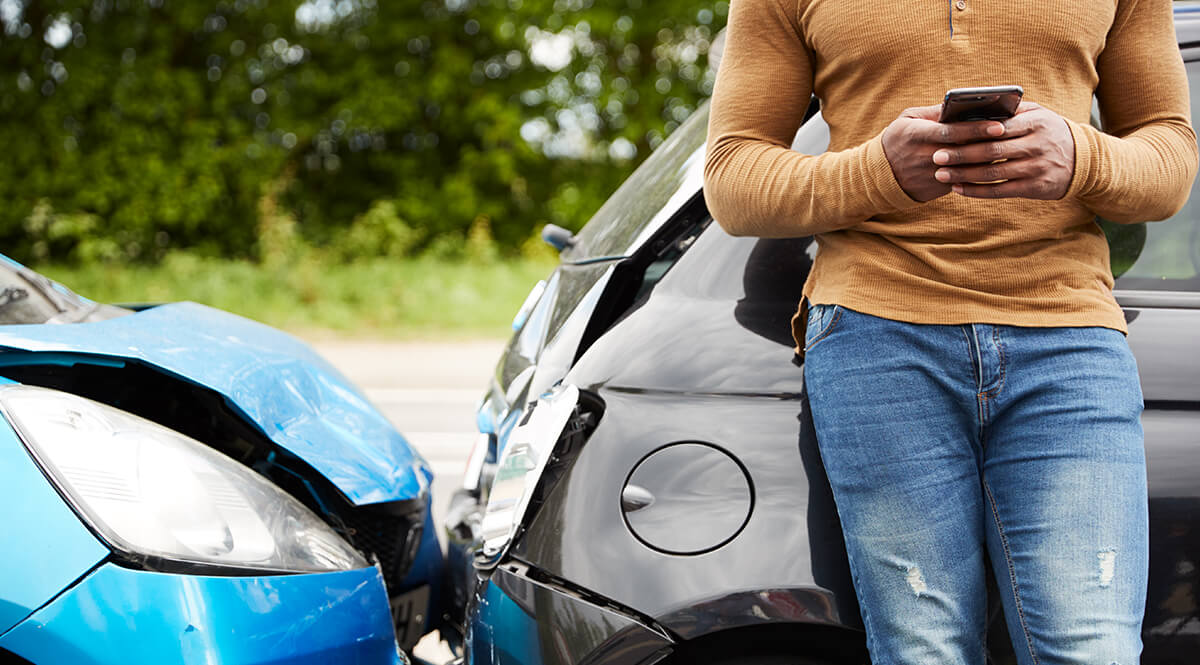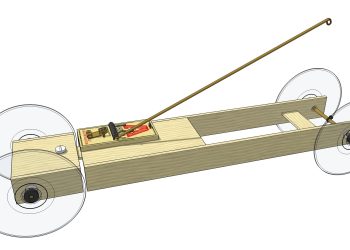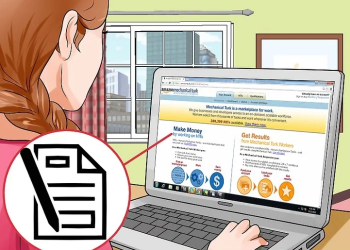If you’ve ever been in a crash, you know how frightening it can be. The first few moments are often filled with confusion and stress. It’s crucial to stay calm and decide whether to call the police after a car accident. This decision depends on the severity of injuries, property damage, and the cooperation of the other driver. Even in minor cases, filing a report ensures your insurance claim is protected and helps prevent legal complications later.
Assessing the Situation
Begin by checking yourself and your passengers for injuries. If anyone is hurt, call emergency services immediately. Switch on your hazard lights and, if possible, move your vehicle to the shoulder or a safe area off the road. Once everyone in your car is safe, check the occupants of the other vehicle — but only if it’s safe to do so.
Next, assess the extent of vehicle damage. If injuries or serious damage are involved, contact the police right away. Most states require you to report accidents involving injury, death, or property damage exceeding a specific threshold (often around $1,000). Even if it’s a minor fender-bender, making the call ensures there’s an official record for your insurer.
Finally, pay attention to the other driver’s behavior. If they appear intoxicated, refuse to share information, or act aggressively, you must contact the police immediately. Driving away from an accident without resolving it can result in serious legal consequences.
Calling the Police
Once you’ve decided to call, provide your full name, the accident location, and a clear description of what happened. Stay calm and objective. Avoid blaming anyone — simply state the facts. When officers arrive, cooperate respectfully but do not admit fault.
Ask for the police officer’s name, badge number, and the report number for your case. This report will be essential when filing insurance claims or resolving disputes. You can also request a copy of the report later from the local police department.
After speaking with the police, contact your insurance company to report the accident. Provide the officer’s details, report number, and any photos or notes you took at the scene.
Guide Table: When to Call the Police After a Car Accident
| Situation | Should You Call the Police? | Reason |
|---|---|---|
| Someone is injured or unconscious | Yes, immediately | Medical assistance is needed and laws require reporting. |
| Vehicle damage exceeds $1,000 | Yes | Required for insurance and legal documentation. |
| Other driver is intoxicated or flees | Yes | Criminal offenses must be reported. |
| Cars block traffic or cause hazards | Yes | Police can direct traffic and prevent further accidents. |
| Minor scratch or dent, both parties agree | Optional but recommended | Helpful for insurance and legal protection. |
| Argument or threat from the other driver | Yes | Ensures safety and legal record of incident. |
Tips
- Always collect the other driver’s name, license number, plate number, and insurance details.
- Take photos of all damages, license plates, and road conditions.
- Never drive away before resolving the situation — it may count as a hit-and-run.
- Report even minor accidents within 24 hours to stay compliant with state laws.
By taking a calm, methodical approach and knowing when to call the police after a car accident, you safeguard yourself legally, medically, and financially — ensuring that an already stressful situation doesn’t turn into a larger problem.














